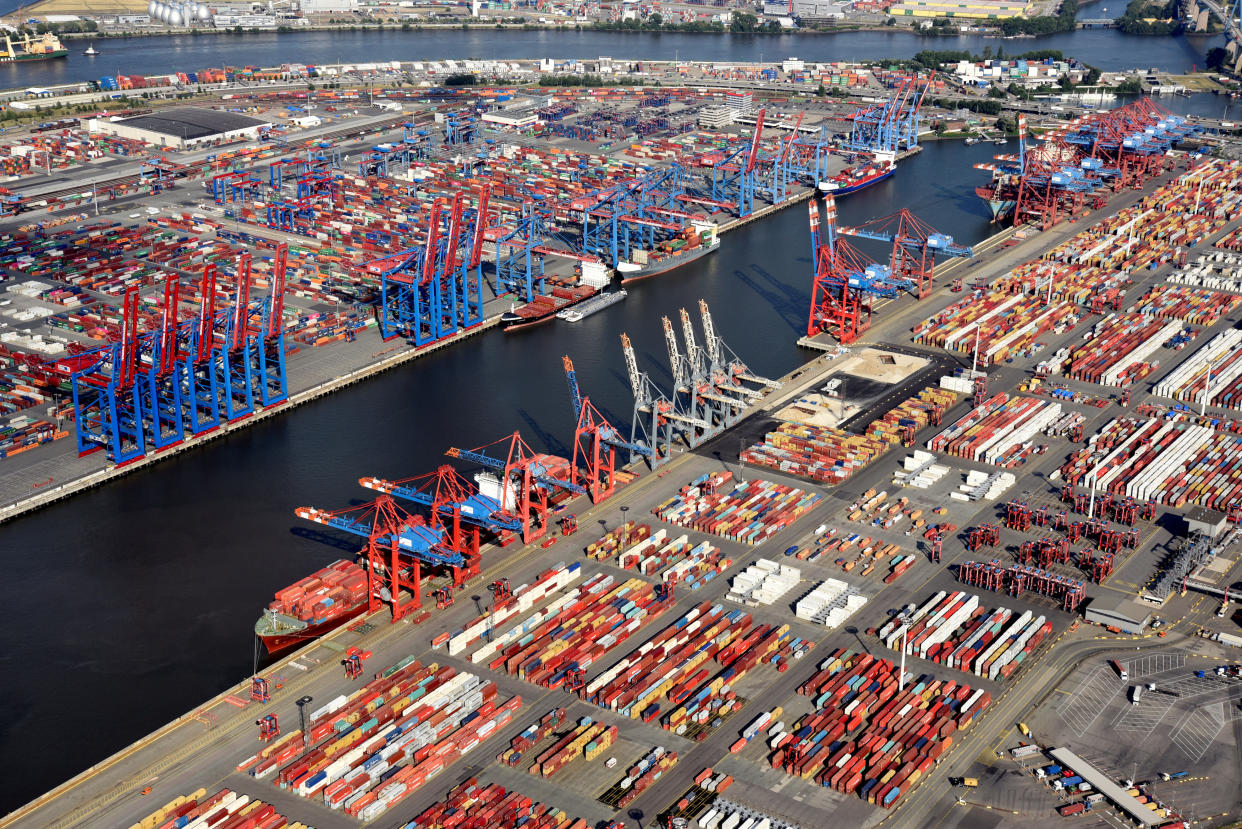'The German economy's boom is over for the time being,' experts warn

Germany’s Council of Economic Experts slashed its 2019 GDP growth forecast to 0.8% for 2019, from their November prediction of 1.5%. They forecast growth of 1.7% for 2020.
“The German economy’s boom is over for the time being,” council chairman Christoph Schmidt said in a statement on Tuesday. “However, given the robust domestic economy, a recession is currently not to be expected.”
The slowdown is primarily a result of an ongoing drop in demand for German exports, which have long powered the country’s economic engine, according to the group. The economy has also grappled with supply issues, for example in the automotive industry, where carmakers suffered huge delivery bottlenecks as they struggled to get their cars compliant with new WLTP emissions standards.
Capacity constraints and labour shortages also played a role, the report noted, but the council added that wages are expected to remain strong and it expects employment levels to keep rising.
“In my view, 0.8% looks relatively low,” Carsten Brzeski, chief economist at ING in Germany, told Yahoo Finance UK. “First of all, the upward revision of the December production data could still lead to an upward revision of Q4 growth and would lead to a small positive carry-over for the 2019 projections. Second, 0.8% assumes hardly any growth in Q1 and a very gradual rebound in Q2.”
Germany’s industrial output fell by 0.8% in January, which was a bigger drop than expected, and fell by 3.3% year-on-year, while export figures were flat for the month. However, December’s output was revised up from a 0.4% drop to a 0.8% increase.
Brzeski said that, looking at sentiment indicators, the first quarter “could eventually turn out to be stronger than many expected,” since there’s currently only hard data available for January.
READ MORE: Hopes for a recovery in Europe’s largest economy dashed by disappointing data
On the upside, the council expects healthy growth in private consumption, as well as construction and public-sector investment, to boost the domestic economy for the rest of 2019, noting “in view of the robust domestic economy, a recession is not expected.”
Looking ahead, the council says key threats to Germany’s economic development are mainly Brexit; the still-unresolved trade tariff issues between the US, China, and the EU; and the slowing Chinese economy.
“In light of the already slowing global economic momentum, a spiral of protectionist measures would have the potential to slide the German economy into recession,” the Council of Economic Experts said.


